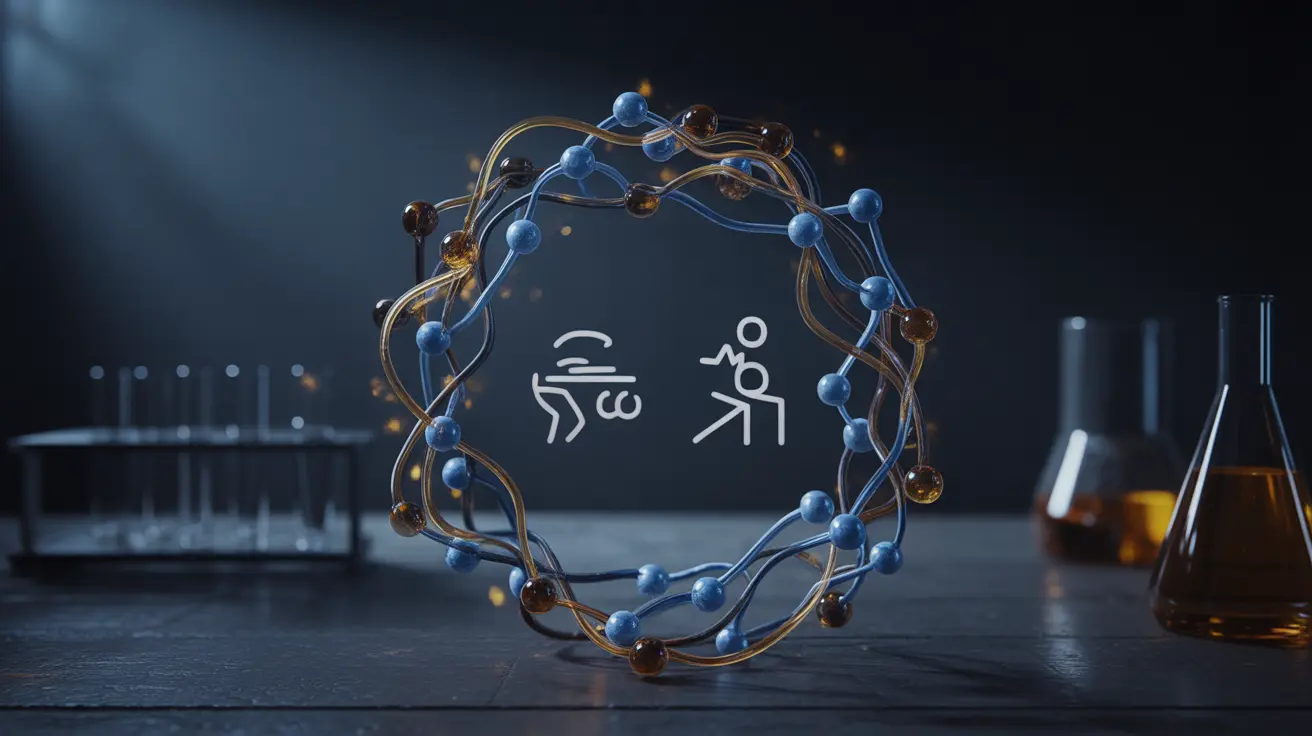Mixing melatonin supplements with alcohol has become an increasing concern as more people turn to natural sleep aids. While both substances can make you drowsy, combining them could lead to unexpected and potentially dangerous effects. Understanding the interaction between melatonin and alcohol is crucial for making informed decisions about your health and safety.
This comprehensive guide explores the risks and implications of using melatonin and alcohol together, helping you understand why medical professionals generally advise against this combination.
The Science Behind Melatonin and Alcohol Interaction
Melatonin is a hormone naturally produced by your body's pineal gland, regulating sleep-wake cycles. When taken as a supplement, it can help address sleep issues. Alcohol, on the other hand, is a depressant that initially makes you feel relaxed but can disrupt your natural sleep patterns.
When combined, these substances can amplify each other's effects in potentially harmful ways. Alcohol can alter how your body processes melatonin, potentially leading to increased drowsiness and other concerning side effects.
Potential Risks and Side Effects
Immediate Effects
The combination of melatonin and alcohol can cause several immediate effects:
- Excessive drowsiness
- Increased dizziness
- Difficulty concentrating
- Impaired coordination
- Enhanced anxiety
- Elevated blood pressure
Long-term Concerns
Regular combination of these substances may lead to more serious issues:
- Disrupted sleep patterns
- Liver stress
- Increased risk of accidents
- Potential dependency issues
- Compromised sleep quality
Impact on Sleep Quality
While both substances are associated with sleep, their combination can actually worsen sleep quality. Alcohol disrupts natural sleep cycles, potentially neutralizing melatonin's beneficial effects. This can lead to fragmented sleep, frequent wake-ups, and poor overall rest.
When to Seek Medical Help
Consult a healthcare provider immediately if you experience:
- Severe dizziness or confusion
- Breathing difficulties
- Unusual heart rate changes
- Persistent sleep problems
- Signs of allergic reactions
Safety Guidelines and Recommendations
To ensure safe use of melatonin:
- Wait at least 2-3 hours after drinking before taking melatonin
- Consider alternative natural sleep aids
- Practice good sleep hygiene
- Consult healthcare providers about sleep concerns
- Never exceed recommended melatonin dosages
Frequently Asked Questions
Is it safe to drink alcohol with melatonin, and what are the health risks?
Combining alcohol with melatonin is not considered safe. The main health risks include excessive sedation, dizziness, increased anxiety, and potential breathing difficulties. The combination can also lead to unpredictable reactions and increased risk of accidents.
Can taking melatonin and alcohol together make you feel more tired or dizzy than usual?
Yes, taking melatonin and alcohol together can significantly increase feelings of drowsiness and dizziness. This combination can amplify the sedative effects of both substances, potentially leading to dangerous levels of impairment.
How does mixing alcohol and melatonin affect your sleep quality and sleep disorders like sleep apnea?
The combination can severely impact sleep quality by disrupting natural sleep cycles. For those with sleep apnea, the mixture can be particularly dangerous as both substances can suppress respiratory function. This combination may worsen sleep disorders rather than improve them.
What are the possible side effects of combining melatonin and alcohol, and when should you talk to a doctor?
Side effects include extreme drowsiness, dizziness, anxiety, confusion, and coordination problems. Consult a doctor immediately if you experience severe reactions, breathing difficulties, or unusual heart rate changes. Always discuss sleep aid options with your healthcare provider.
Why do experts recommend avoiding melatonin supplements if you drink alcohol frequently?
Experts advise against this combination because regular alcohol consumption can interfere with melatonin's effectiveness, stress the liver, and potentially lead to dangerous interactions. Alcohol also disrupts natural sleep patterns, making melatonin less effective as a sleep aid.




